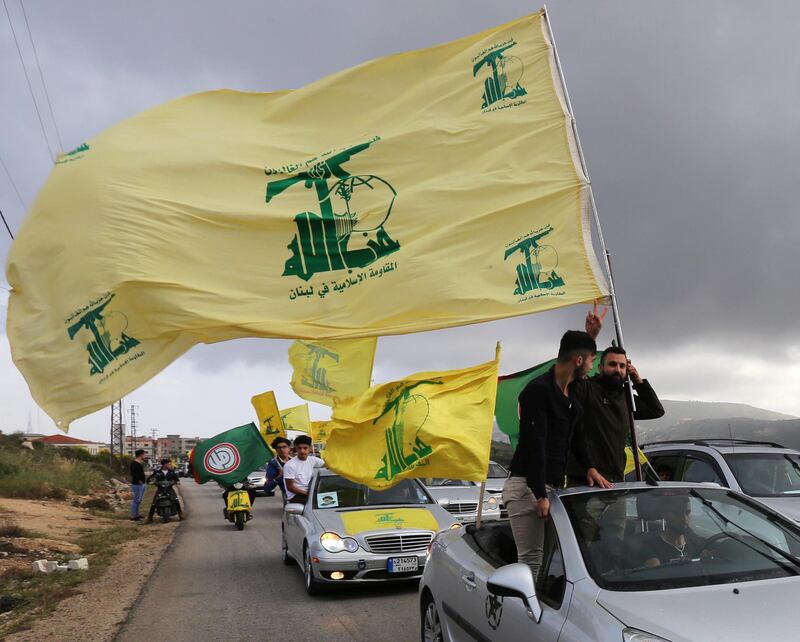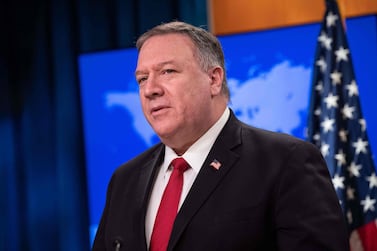Prosecutors in Austria have indicted a Lebanese man suspected of being a leading member of Hezbollah’s military wing and being involved with financing terrorism.
Investigators in the state of Carinthia believe the man, who has not been named, was a commander in the Shia militia group for 13 years.
The Austrian tabloid Kronen Zeitung reported he had been charged with participating in a terrorist organisation and financing terrorist activities.
A trial date has been set for April, and the accused faces up to 10 years in prison.
But the suspected Hezbollah leader, Kronen Zeitung reported, is not in police custody, raising urgent questions about the whereabouts of a suspected terrorist in the central European country.
The Lebanese Shia movement, an ally of Iran, has attracted concern in Austria in recent months.
Last week, parties in Austria’s National Council passed a resolution calling on Chancellor Sebastian Kurz’s federal government to “take decisive action against terrorist and criminal activities by Hezbollah supporters in Austria using the entire rule of law”.
Austrian politicians also called for the government to “reassess the question of how to deal with Hezbollah within the European Union,” and prevent the group from being financed through money laundering.
In December, NEOS party MP Helmut Brandstätter began a push for the government to blacklist the entire organisation.
Mr Brandstätter’s parliamentary initiative asked the federal government to “examine whether it is appropriate and productive to classify the whole of Hezbollah in Austria a terrorist organisation and implement the same on the EU level”.
The European Union has so far only put Hezbollah’s armed wing on its terrorism blacklist, which it did in 2013.
That decision opened up the way for EU governments to freeze any assets Hezbollah’s military wing may hold in Europe.








